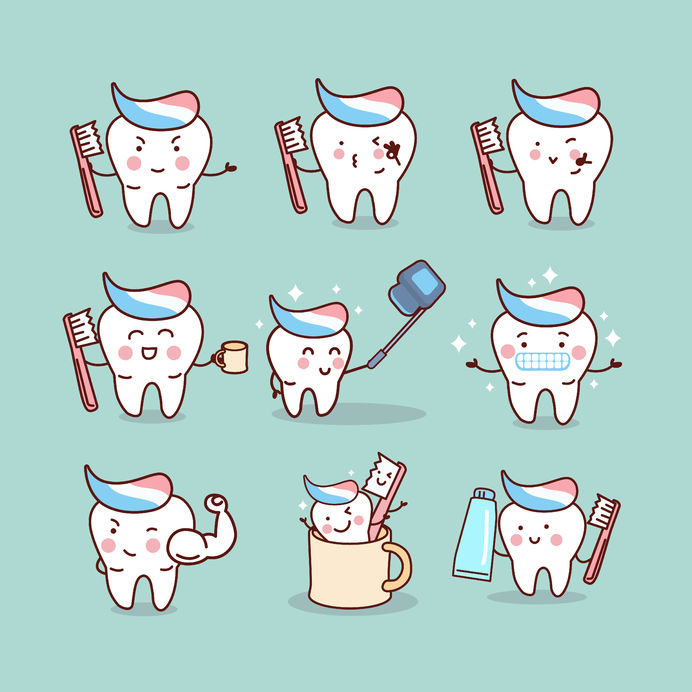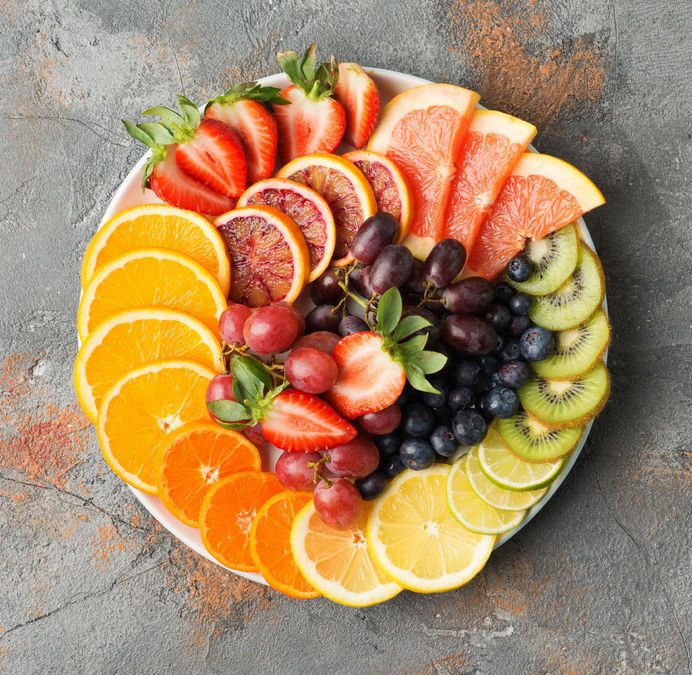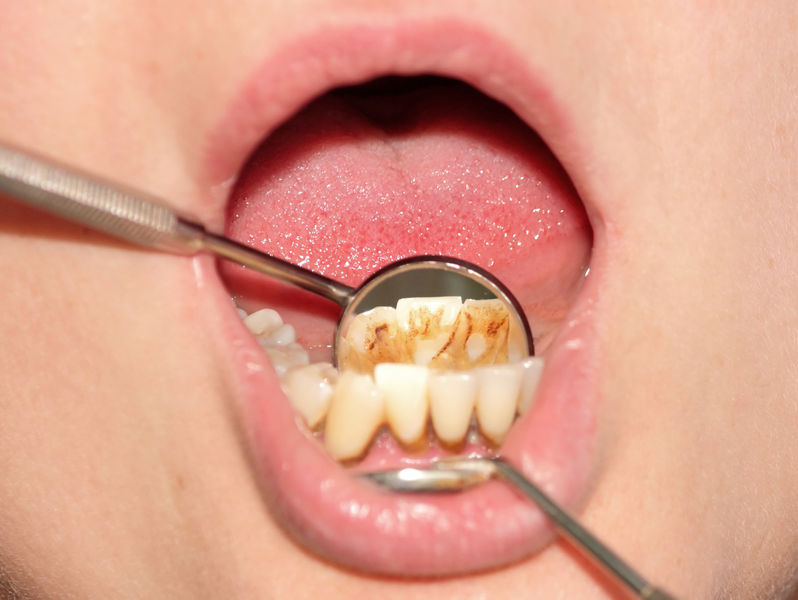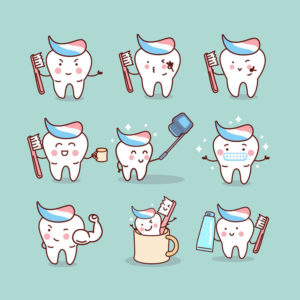The next time you brush your teeth, consider capturing the action on your cell phone — and sharing it with your dentist. The results might provide you with a better shine and fewer cavities by helping you learn to brush more effectively.
This was the initial finding from a pilot study to investigate tooth-brushing behavior and to see how it may change after training. Inventors have been intrigued by devices to measure toothbrushing for years, but only now with the wide availability of smartphones, sensors and other wireless technologies have they had the opportunity to measure the behavior in real-time and in the real-world, where it counts.
An expert in health tracking technology, University of Rhode Island Associate Professor of Psychology Theodore Walls was asked to participate in the study, particularly to assist with the behavioral data analysis. In partnership with the Case Western Reserve University, School of Dental Medicine, the study was facilitated by the National Institute of Dental and Craniofacial Research and conducted in India. With his combined background in statistics, movement and behavior, Walls said: “By tracking people’s health behaviors, we have the opportunity to detect important patterns with statistics and, in turn, intervene to help people with technology or other interventions.”
For this study, participants used stands to hold their smartphones and film themselves as they brushed their teeth. Even though the period of time for which the participants brushed did not change, the data suggested some improvement in their skill after the images were shown to dentists. The brush strokes were noted to be more accurate and increased in number. The study was published in the Indian Journal of Dental Research, July 2016.
“We’ve used similar techniques to track smoking behaviors — using tools that indicate when someone is smoking and how much, and where to set up early warning systems to prevent a behavior. Although the selfie concept is being used in a variety of health applications, we think this is the first time it’s been put to use to assess how people are brushing their teeth,” said Walls. “People recording themselves as they brush might help to improve dental hygiene.”
So open wide, and take out your cell phone as you brush!
Story Source: Materials provided by University of Rhode Island. Note: Content may be edited for style and length.


Party time? Make it Oral Health-Friendly!
Party time? Make it Oral Health-Friendly! Are you planning on throwing a party over the summer break? Have you thought about what you can make so that your party is not only health friendly but oral health friendly? If you're not sure on how to go about creating the...

How to Stop Drinking Soda this Summer
How to Stop Drinking Soda this Summer Are you trying to cut down on sugar by avoiding to drink soda this summer? Then look no further because we've got all the tips to help you accomplish this goal! Let's discuss Why you should stop, How you can stop, and What are...

What is Gingivitis?
What is Gingivitis? Do your gums look or feel swollen? Do your gums bleed easily whenever you brush or floss your teeth? These may be signs of gingivitis. Gingivitis is a common and tender form of gum disease or periodontal disease which can cause the area around the...

